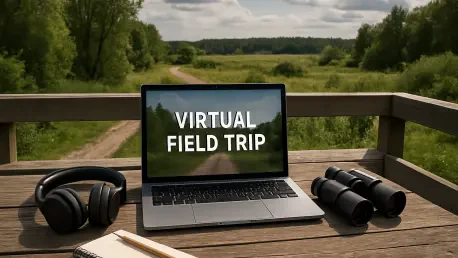
In an era where technology is reshaping education at a rapid pace, Discovery Education has launched a groundbreaking initiative with its Fall lineup of free Virtual Field Trips (VFTs) for PreK-12 students, announced on September 29 in Charlotte, NC. These digital journeys are crafted to transport

Imagine a region where students in remote villages access cutting-edge digital learning tools, where crumbling school buildings are replaced with modern facilities, and where every child is equipped with skills for a rapidly evolving world. This vision is becoming a reality in Jammu and Kashmir

Across the United States, a critical challenge looms over the education system, one that threatens the future of millions of students with disabilities and English learners (EL): a persistent and severe shortage of qualified teachers in these specialized fields, which has roots stretching back to

In an era where educational tools are constantly evolving to meet the diverse needs of learners, a groundbreaking resource has emerged to redefine the way upper elementary students approach writing, and it’s called Whoopensocker. Developed through a collaboration between PBS Wisconsin Education and

The University of Rhode Island has once again claimed the coveted title of the top public university in New England, a distinction that highlights its enduring commitment to excellence in higher education. This recognition, awarded for the second consecutive year by a prominent national ranking

In an era where the cost of higher education often overshadows the benefits, one public institution in Georgia is making headlines for striking a remarkable balance between quality and affordability. Dalton State College has emerged as a standout in national rankings, celebrated for its exceptional